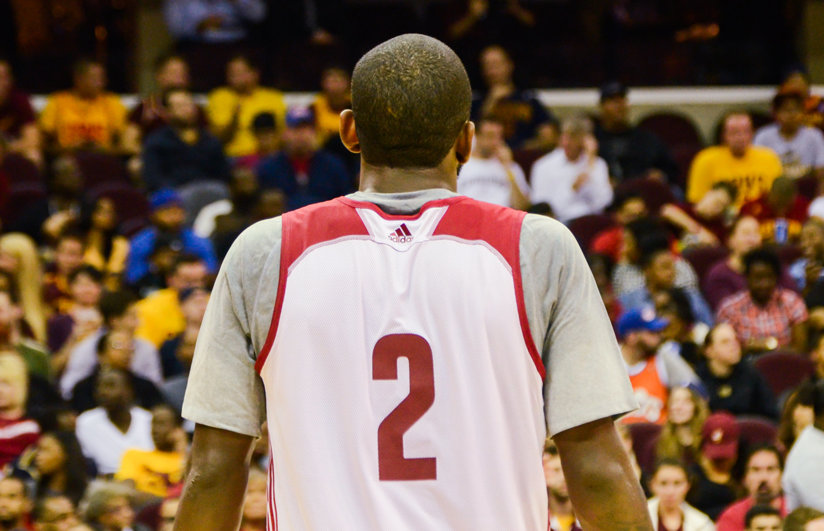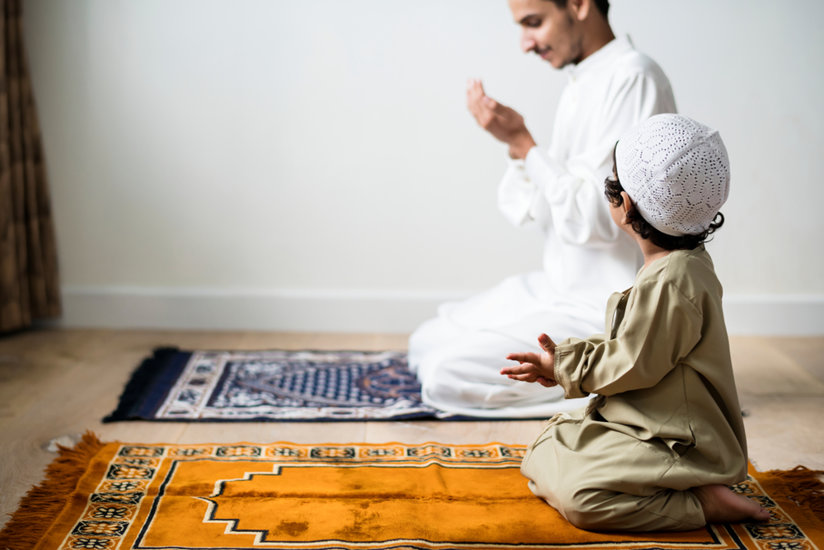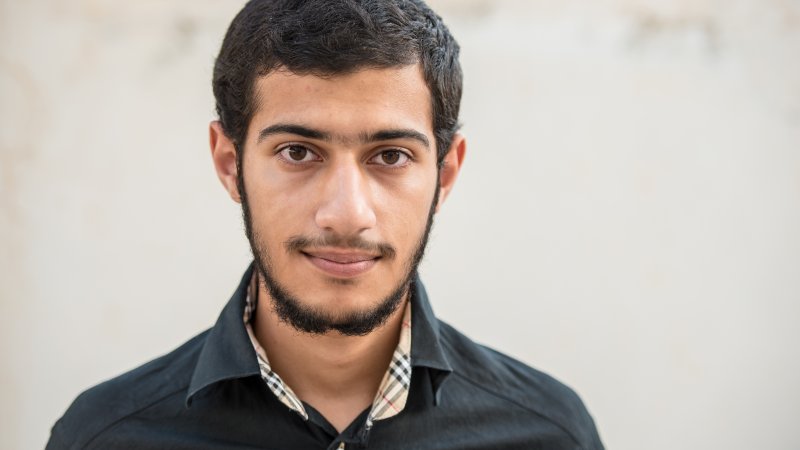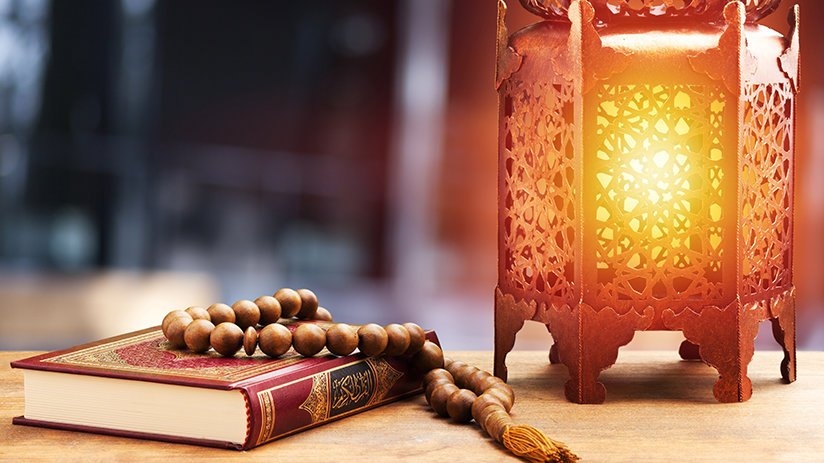
-
HOME
-
WHAT IS STANDOur Mission Our Values Our Help Contact
-
WHAT WE FIGHT FORReligious Freedom Religious Literacy Equality & Human Rights Inclusion & Respect Free Speech Responsible Journalism Corporate Accountability
-
RESOURCESExpert Studies Landmark Decisions White Papers FAQs David Miscavige Religious Freedom Resource Center Freedom of Religion & Human Rights Topic Index Priest-Penitent Privilege Islamophobia
-
HATE MONITORBiased Media Propagandists Hatemongers False Experts Hate Monitor Blog
-
NEWSROOMNews Media Watch Videos Blog
-
TAKE ACTIONCombat Hate & Discrimination Champion Freedom of Religion Demand Accountability
Islam & Ramadan—Walking With Faith
On April 12, 2022, Kyrie Irving of the New York Nets professional basketball team dominated a playoff game against the Cleveland Cavaliers by scoring 34 points, grabbing three rebounds, making 12 assists and one steal. It was a world-class performance. But besides the statistics, what was remarkable was that, at the time, he was fasting in observance of the Islamic holy month of Ramadan.

“I am not alone in this. I have brothers and sisters all around the world that are fasting with me. We hold our prayers and our meditations very sacred and when you come out here, I mean, God’s inside me, God’s inside you, God’s inside all of us. So, I am walking with faith and that’s all that matters. When I get a chance to do this, in this type of arena and showcase my talents that have been granted to me strictly from God and I am humble,” he said after the game.
What is Ramadan?
Ramadan is a month-long Islamic celebration of God’s revelation of the first Quran verses to the prophet Muhammad in 610 CE. It is the ninth month of the Islamic lunar calendar and begins officially on the day after the first cusp of the new moon is sighted by a moon-sighting committee in Saudi Arabia. This year, Ramadan started on the evening of April 2 and ends on the evening of May 1.
The Prophet Mohammad is quoted as saying, “When the month of Ramadan starts, the gates of heaven are opened and the gates of hell are closed and the devils are chained.”
How do Muslims Celebrate Ramadan?
Ramadan is a time to improve oneself, both spiritually and physically. It is a time of reflection and self-improvement. It is a time to grow in moral excellence. Muslims achieve this by abstaining from food, drink and sex during the sunlit hours, by devoting extra time to reading the Quran, by performing special devotional prayers, and by engaging in acts of charity.

At sunset, family members break fast together with a few dates and water, and possibly light soup or fruits. After performing their sunset prayers, the family eats dinner, usually inviting others to join them or by traveling to the homes of friends or to a mosque to join with others. Ramadan is a highly social celebration.
The ultimate goal of fasting is to gain a greater awareness of God. From this greater awareness, the Muslim gains a greater incentive and ability to do good and refrain from bad. As a collateral benefit, the person fasting gains a greater understanding of deprivation, spurring greater acts of charity for the poor. The Quran teaches that “charitable giving is most pleasing to God,” and this spirit of benevolence is an integral part of Ramadan.
How Does Ramadan End?
Ramadan ends with the three-day festival known as Eid-al-Fitr. The festival starts with a morning prayer, followed by a community celebration. During the three-day festival, children receive presents and families and friends reunite.
The standard Islamic greeting for Ramadan is “Ramadan Mubarak” (which means “Have a blessed Ramadan”).
Ramadan Mubarak to all of our many Muslim friends.









